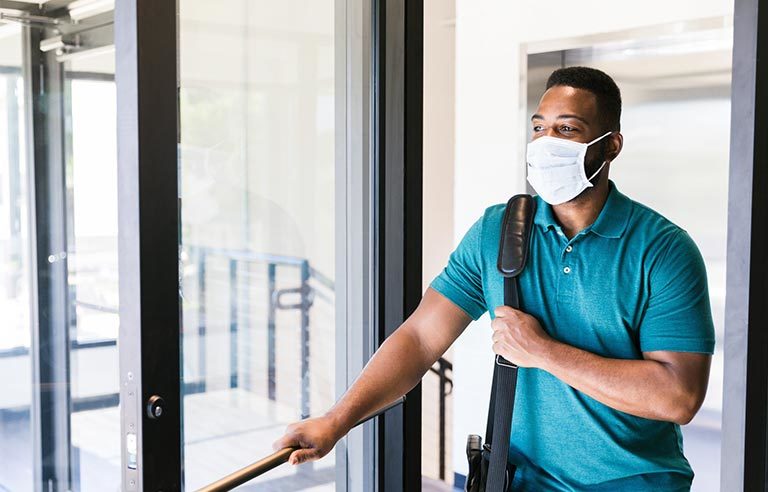Are remote workers ready to return to the workplace? Survey explores

New York — Fewer than 3 out of 10 employees who are working remotely amid the COVID-19 pandemic expect to return to their physical workplace by the end of the year, and some groups feel more pressure than others to do so, results of a recent survey suggest.
From Sept. 16 to 25, nonprofit think tank The Conference Board conducted an online survey of more than 1,100 U.S. workers across numerous industries to gain an understanding of employee readiness to return to the workplace during the pandemic. More than a quarter (28%) of the respondents indicated they expect to return to their workplace by Jan. 1, while 38% expect to do so in the new year or beyond. Only 7% expect to return after a vaccine is made widely available.
Most of the workers feel “moderately comfortable” (39%) or “very comfortable” (17%) about returning to the workplace, while 31% aren’t comfortable with the prospect of returning.
When it comes to feeling pressure to return to the workplace, more women (17%) responded affirmatively than men (10%). Women were also more likely to express concern over contracting COVID-19 (67% vs. 61%). Meanwhile, 20% of “individual contributors” and 21% of frontline managers feel pressure to return – much higher percentages than C-suite executives (4%).
Other findings:
- 29% of respondents have “little faith” in their co-workers to follow proper health and safety protocols when returning to work.
- The top three concerns about returning to the workplace: risk of contracting COVID-19 (51%); risk of exposing family members (49%); and lack of a safe, effective, available vaccine (40%).
- 37% said they don’t know if their organization has a plan for safely returning employees to the workplace.
“These survey results reinforce the need for employers to hear concerns about the pressure that individual contributors and frontline managers, especially, feel to return to the workplace to keep their jobs,” Rebecca Ray, executive vice president of human capital at The Conference Board, said in an Oct. 8 press release. “These cohorts are less likely to be involved with planning the return. Without a continuous dialogue, and in many cases, the lack of a detailed plan about returning to the workplace, it comes as no surprise that these workers are more apprehensive.”
Post a comment to this article
Safety+Health welcomes comments that promote respectful dialogue. Please stay on topic. Comments that contain personal attacks, profanity or abusive language – or those aggressively promoting products or services – will be removed. We reserve the right to determine which comments violate our comment policy. (Anonymous comments are welcome; merely skip the “name” field in the comment box. An email address is required but will not be included with your comment.)
